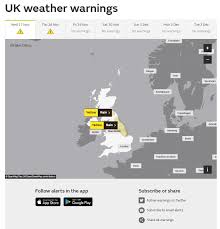Understanding the Postcode Lottery and Its Community Impact
Introduction
The concept of a postcode lottery has become a prominent topic in discussions about funding for community projects and charitable organisations. As the disparity in funding across different regions of the UK becomes increasingly evident, the postcode lottery highlights how individuals and organisations in some areas benefit significantly more than those in others. This issue’s relevance has been underscored by recent government and charitable funding studies that reveal a concerning trend impacting social equity.
What is a Postcode Lottery?
A postcode lottery refers to the varying levels of service provision, funding, and resources that depend on the geographical postcode of an individual or community. For instance, two neighbourhoods separated by a short distance can have drastically different access to healthcare, education, and social services. This disparity often arises due to differences in local government priorities, financial resources, and socio-economic factors predominating certain areas.
Recent Developments
The National Lottery Community Fund recently published a report highlighting the stark contrasts stemming from the postcode lottery phenomenon. For example, areas with higher socio-economic statuses often receive more funding for local initiatives, while underprivileged communities are left struggling for resources. The report indicated that charity grants awarded are often skewed towards more affluent areas, perpetuating inequalities.
In response to these disparities, various local councils and charities are seeking ways to ensure fairer distribution of funding. Initiatives such as targeted grant applications and community-led funding campaigns are being developed to address the issue. Additionally, the government is under increasing pressure to reconsider how public funding is allocated across different regions, especially in light of the ongoing impacts of the COVID-19 pandemic.
Implications for Communities
The postcode lottery can lead to severe implications for communities that are overlooked when it comes to funding. These implications can manifest in inadequate services, limited access to healthcare, and fewer opportunities for community development. For many communities, particularly those in deprived areas, the absence of funding can hinder growth and exacerbate existing inequalities.
Conclusion
The postcode lottery is a pressing issue that highlights the need for equitable funding across all regions of the UK. As discussions intensify around the allocation of resources, it is crucial for policymakers and community leaders to work collaboratively to bridge the funding gap and ensure that every community has access to the support they need. Only through concerted efforts can we hope to alleviate the inequalities perpetuated by the postcode lottery and foster a more balanced society.








